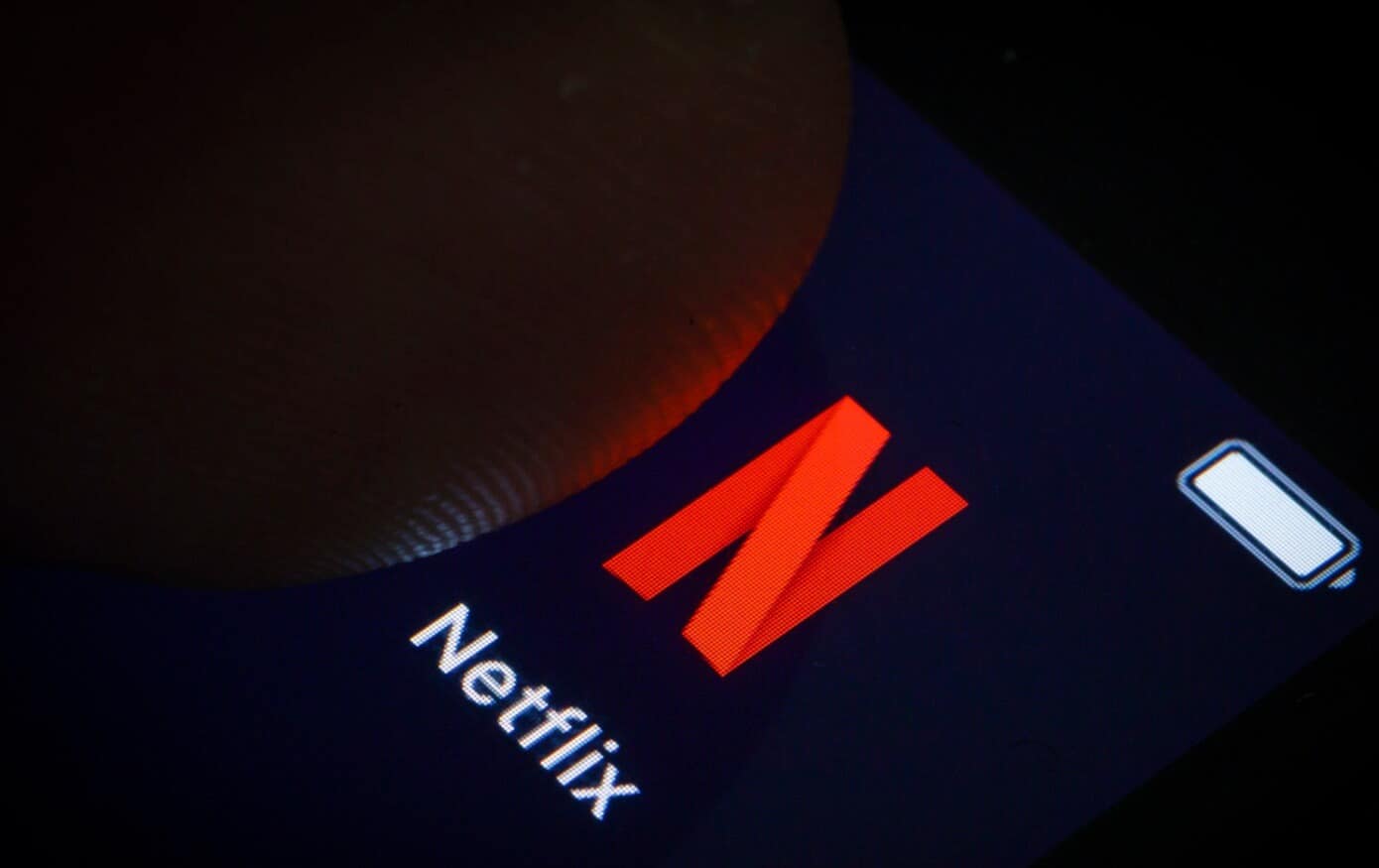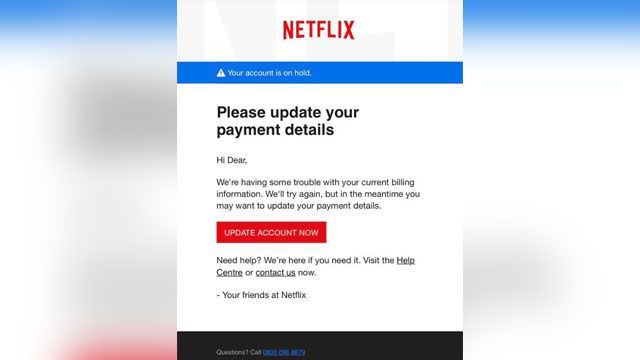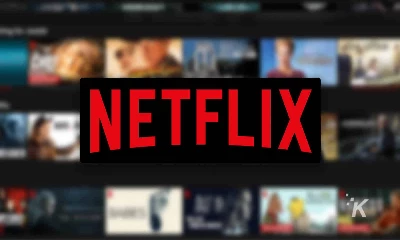Netflix
How to protect yourself from the new Netflix phishing scam making its rounds
Don’t fall for it.

Just a heads up, if you buy something through our links, we may get a small share of the sale. It’s one of the ways we keep the lights on here. Click here for more.
If you’re a Netflix subscriber and recently recieved a dubious email asking you to update your payment information, chances are it’s probably a scam.
The U.S. Federal Trade Commission (FTC) just issued a warning to Netflix users letting them know about a reported email phishing scam that asks users to click on a link to update a subscriber’s payment information, insisting that an account is “on hold” due to Netflix “having some trouble with your current billing information.”
Here’s a screenshot of the phishing email obtained by Ohio police:

Image: FTC via Ohio Police
Looks legit, right? Doesn’t it seem like Netflix sent this email? Yup, and that’s how these phishing campaigns trick you and steal your info.
If an unsuspecting user recieved this email and clicked on the link, without a doubt, malware would immediately be downloaded onto your device, which could lead to a mess of other problems you probably don’t want to deal with. Things like stolen passwords, locking you out of your account, and let’s not forget, all of your credit card and payment information.
This isn’t the first time Netflix users have experienced scam attempts, so to make things easier, Netflix states this on the security page of their site: “Netflix will never ask for any personal information to be sent to us over email.” This includes things like payment information (credit card number, debit card number, direct debit account, PIN, etc.), social security number for U.S. citizens (in any form), identification number, or tax identification number, and your account password.
How to protect yourself if you got this email
If you’re one of the folks who recieved this email, it goes without saying, don’t click on anything in the email. Seriously, don’t click anything. And if you’re not sure if the email is legit or not, the FTC points out warning signs you should look out for. This includes bad grammar, missing names, or misspelled words.
“In the Netflix example, the scammer used the British spelling of “Center” (Centre) and used the greeting, ‘Hi Dear.'” which the FTC points out in the blog post.
Netflix is here to help too. They have a specific FAQ page for this sort of thing. They also let users know that they do indeed send out periodic emails to update specific information, but to “be cautious of fake emails that may link to phishing websites. If you’re unsure about a link in an email, you can always hover your cursor over the link to see the linked URL at the bottom of most browsers.”
Additionally, if you somehow got this phishing email, you can report it to Netflix’s Help Center or forward the message directly to phishing@netflix.com. While you’re at it, sending one to the FTC over at spam@uce.gov doesn’t hurt either.
Did you get this email? Please tell us you didn’t click on the link. Let us know down below in the comments or carry the discussion over to our Twitter or Facebook.
Editors’ Recommendations:
- Here’s how to hide your Netflix viewing history and get better recommendations
- This website will help you find the best movies on Amazon Prime and Netflix
- Facebook allowed Spotify and Netflix to snoop in on your private messages for some reason
- It looks like Netflix is testing a new ‘Instant Replay’ function
- It appears ‘Friends’ will still be there for us on Netflix























